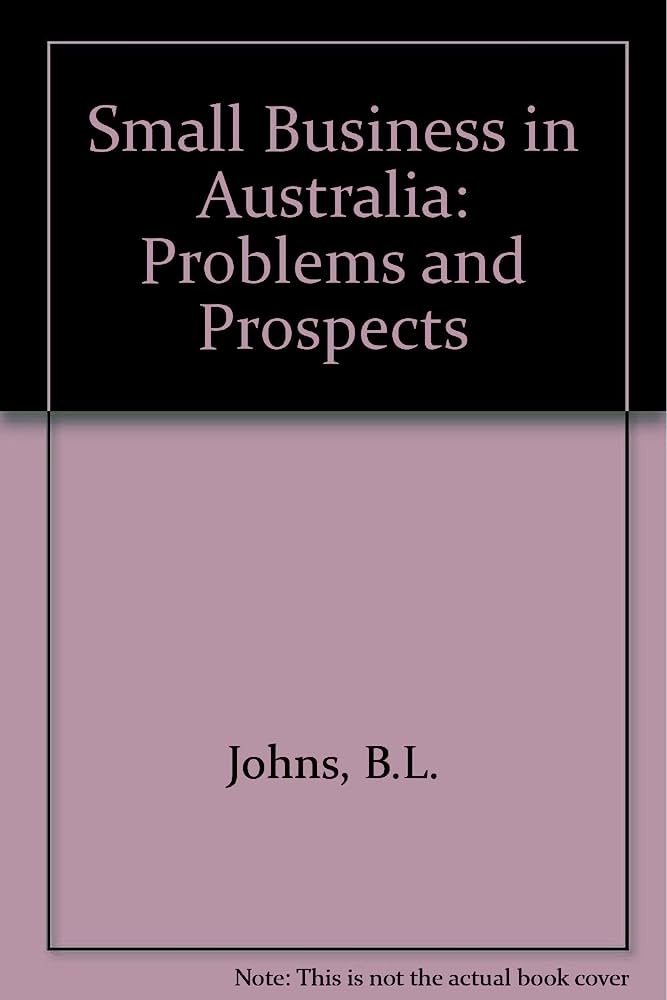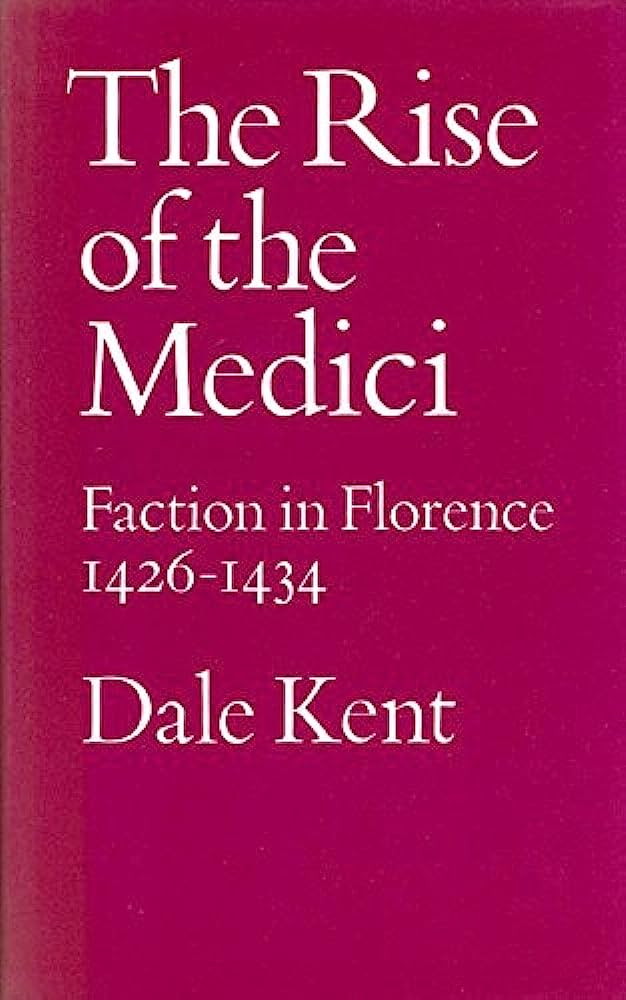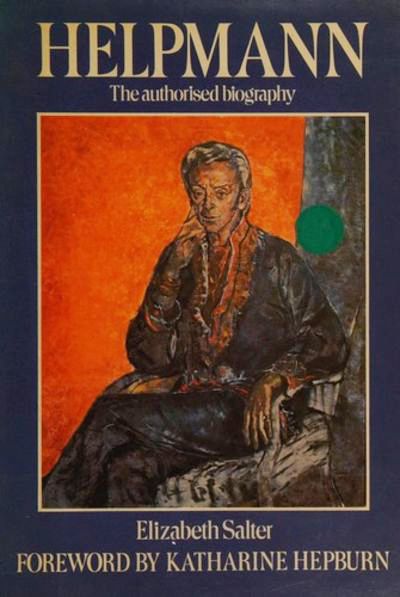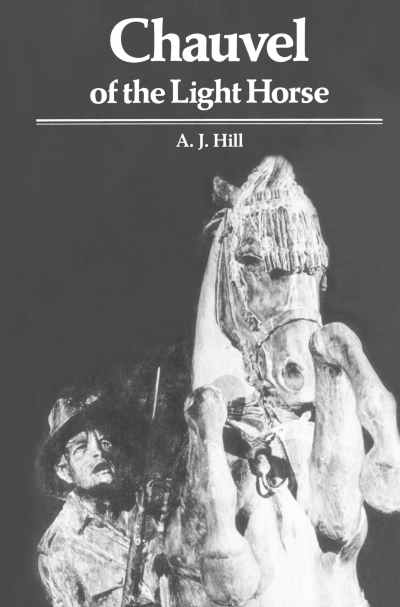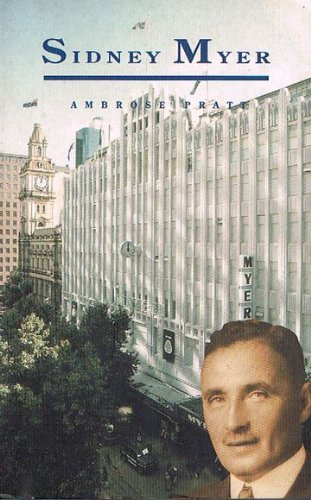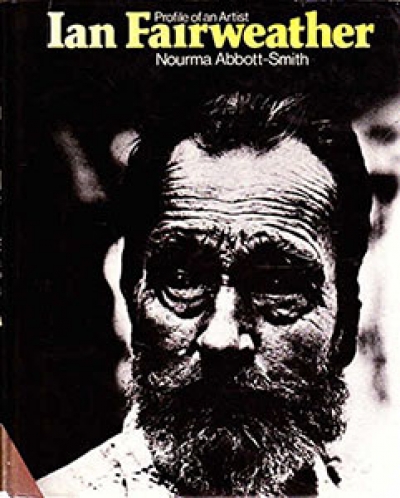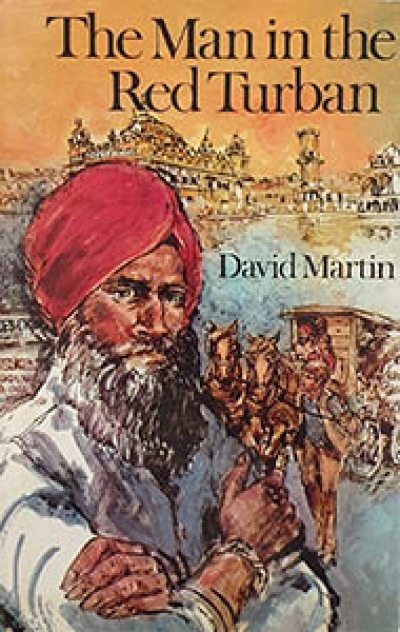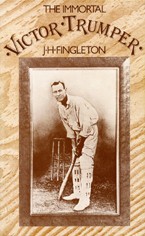Archive
Small Business in Australia: Problems and prospects by B.L. Johns, W.C. Dunlop, and W.J. Sheehan
The Rise of the Medici: Faction in Florence 1426–1434 by Dale Kent
Chauvel of the Light Horse: A biography of General Sir Harry Chauvel, G.C.M.G, K.C.B. by A.J. Hill
Ian Fairweather by Nourma Abbott-Smith & Conversations with Australian Artists by Geoffrey de Groen
Judith Rodriguez reviews 'Musings' by Anthony Turner, 'Under the Weather' by Laurie Duggan, 'Knabel' by Vicki Viidikas, 'A Photo of Some People in a Football Stadium' by Eric Beach, and 'Invitation to a Marxist Lesbian Party' by Lee Cataldi
Every book of poems is to some degree a selection, unless it’s a record of work and gets down among discarded drafts. Anthony Turner’s unpromisingly-titled first book (Musings: A collection of poems, 1965-1977, Hawthorn Press, $4.50 pb, 74 pp) needs so much more editing that it was an unwise venture into covers.
... (read more)Although the policy of the Australian Book Review is to review only Australian books, every now and then a publisher sends us a book which is so important or so relevant to issues of current concern that it cannot be ignored. Recent debate in Australian newspapers makes The Holocaust in Historical Perspective, by Yehuda Bauer (published in Australia by ANU Press), such a book.
The book consists of four lectures originally delivered in Seattle, and concerned with the question of why the Holocaust is the central experience of our civilisation, and of how it was allowed to occur.
... (read more)
